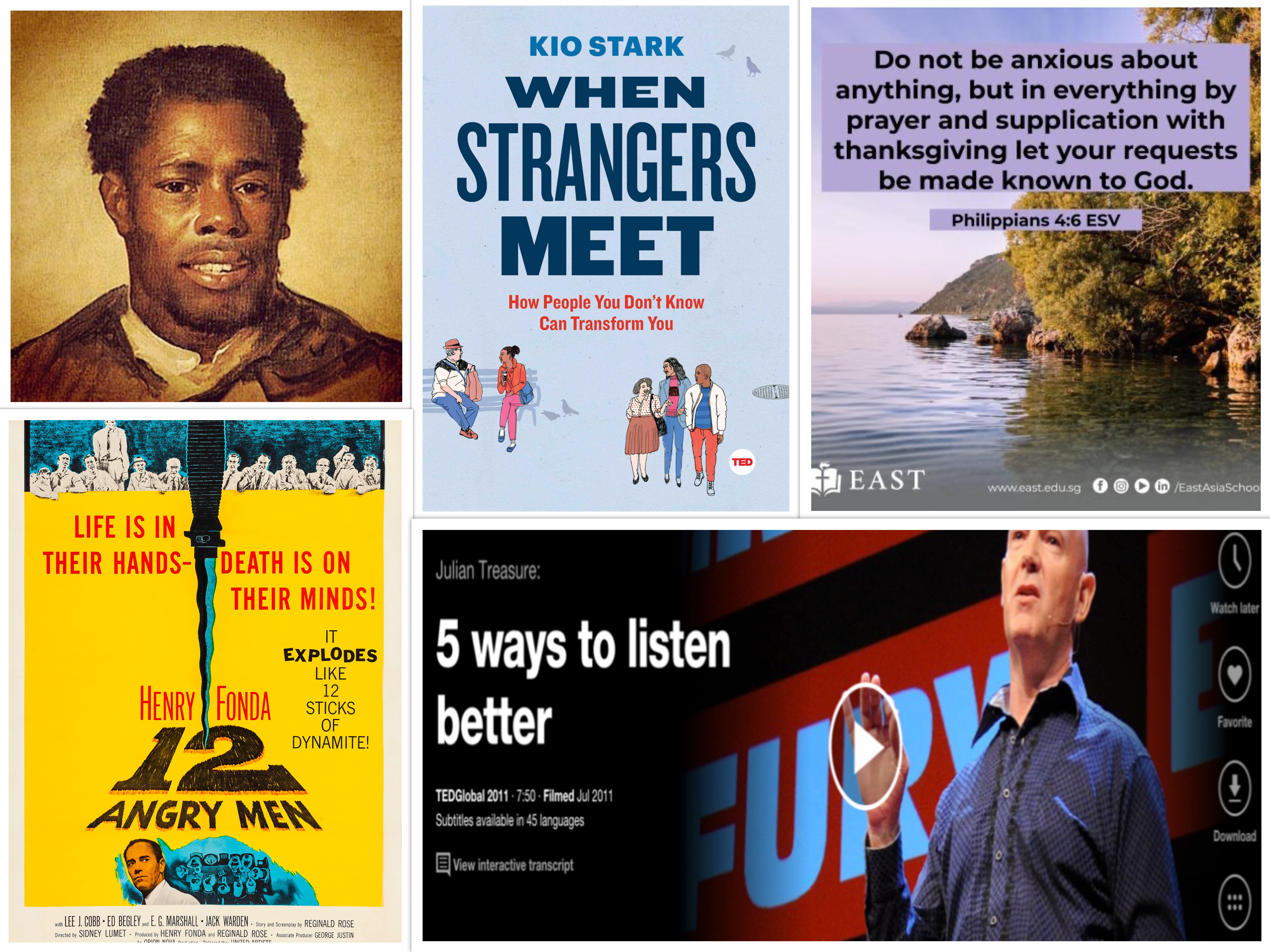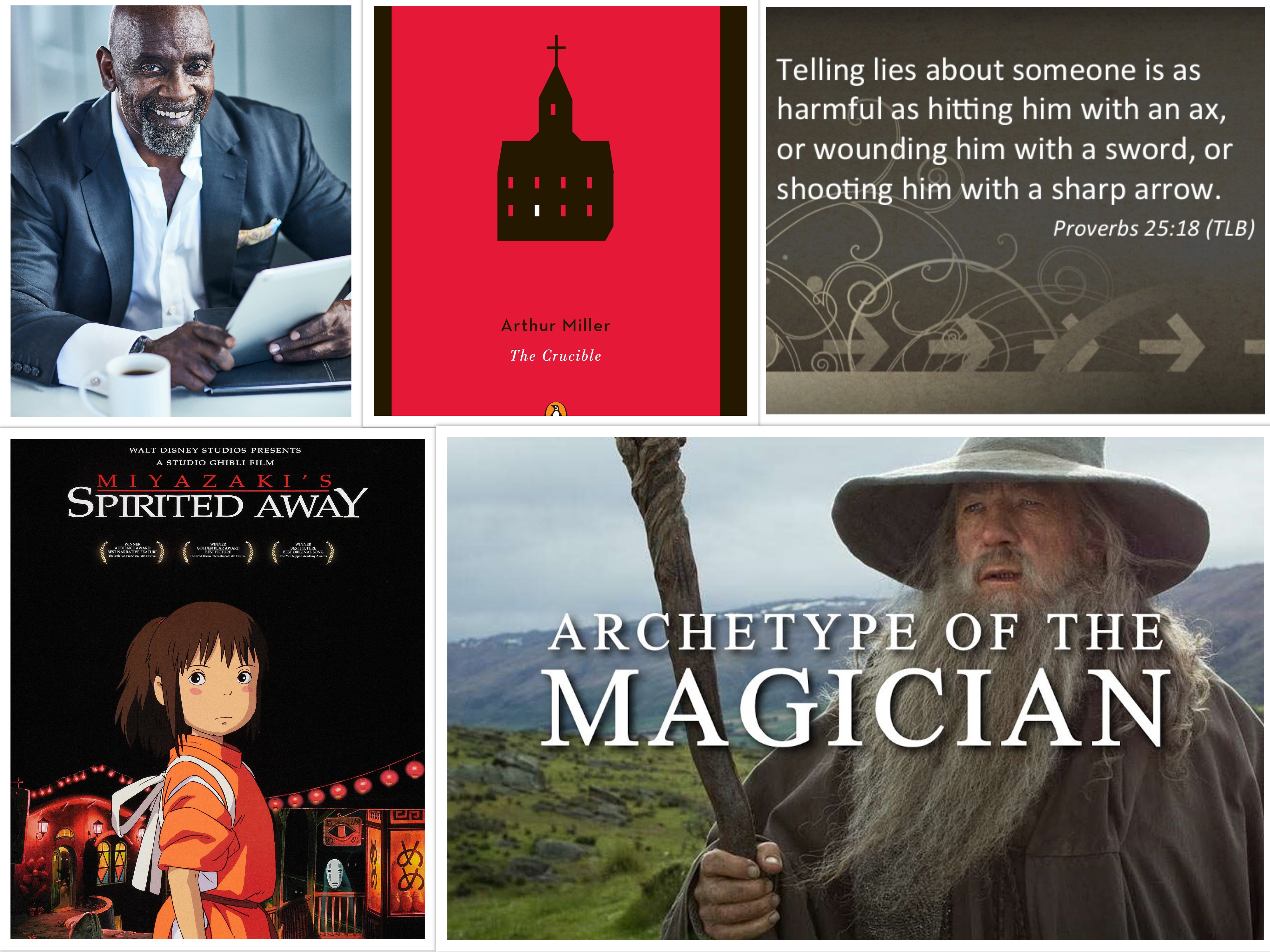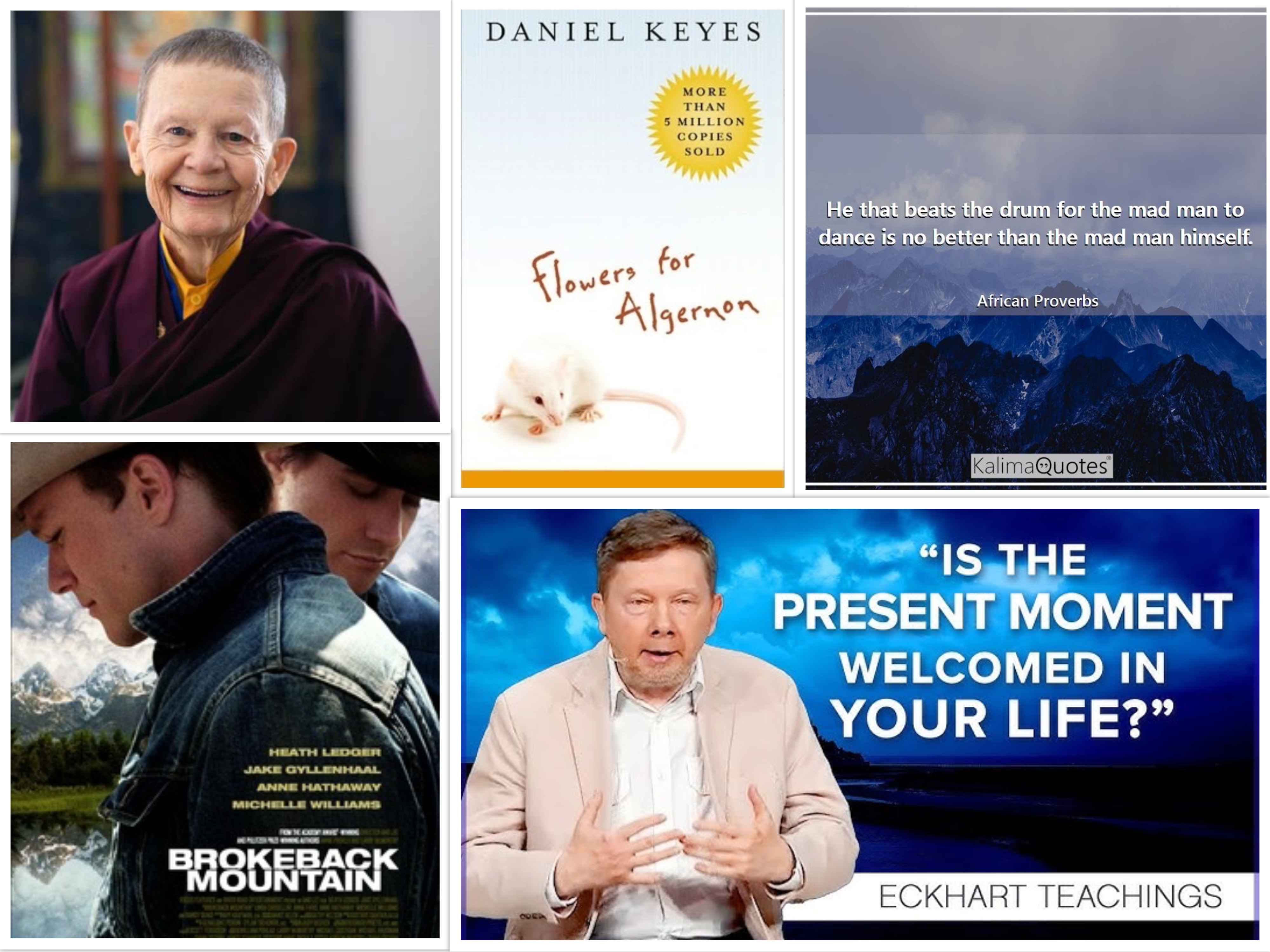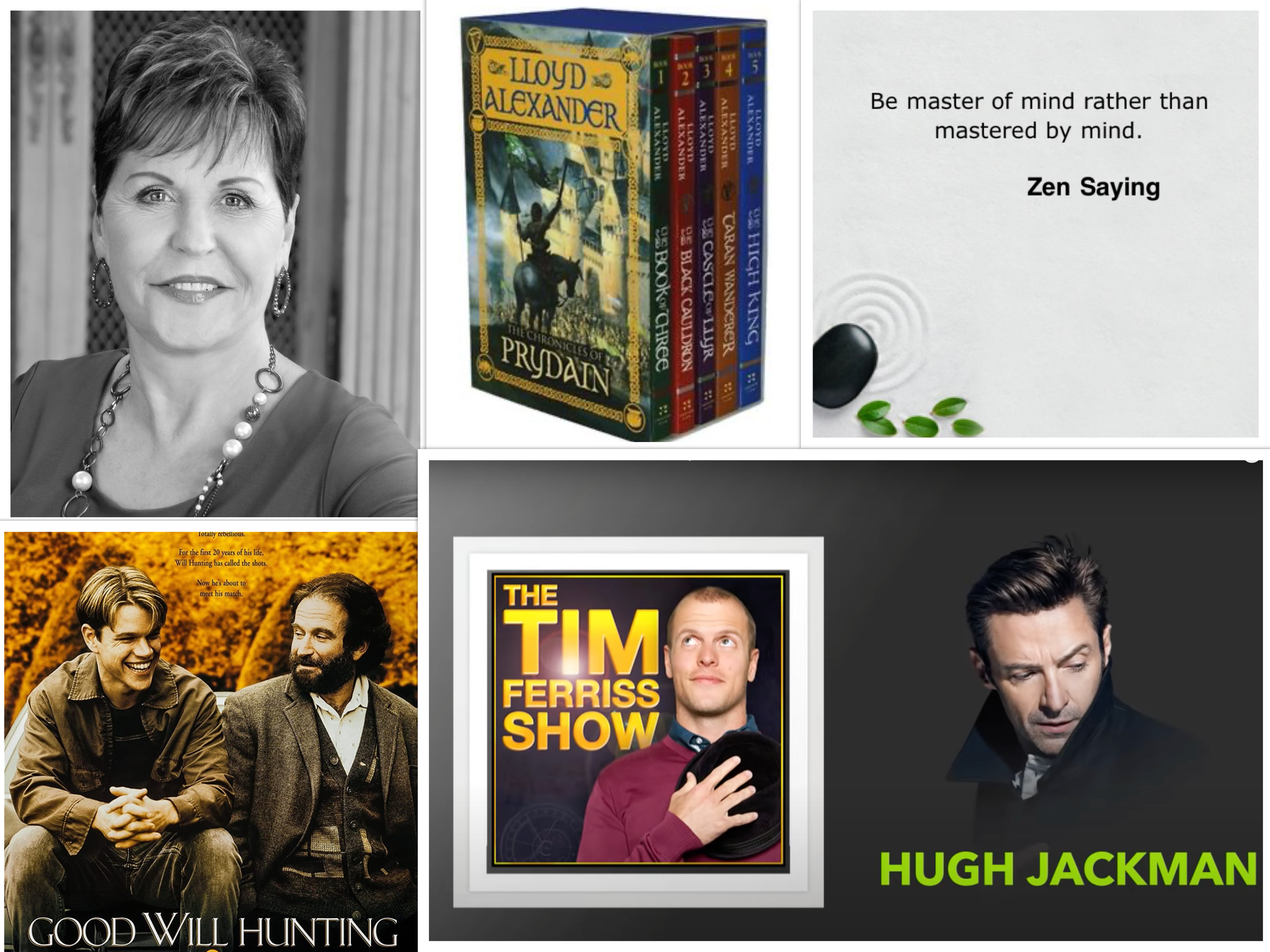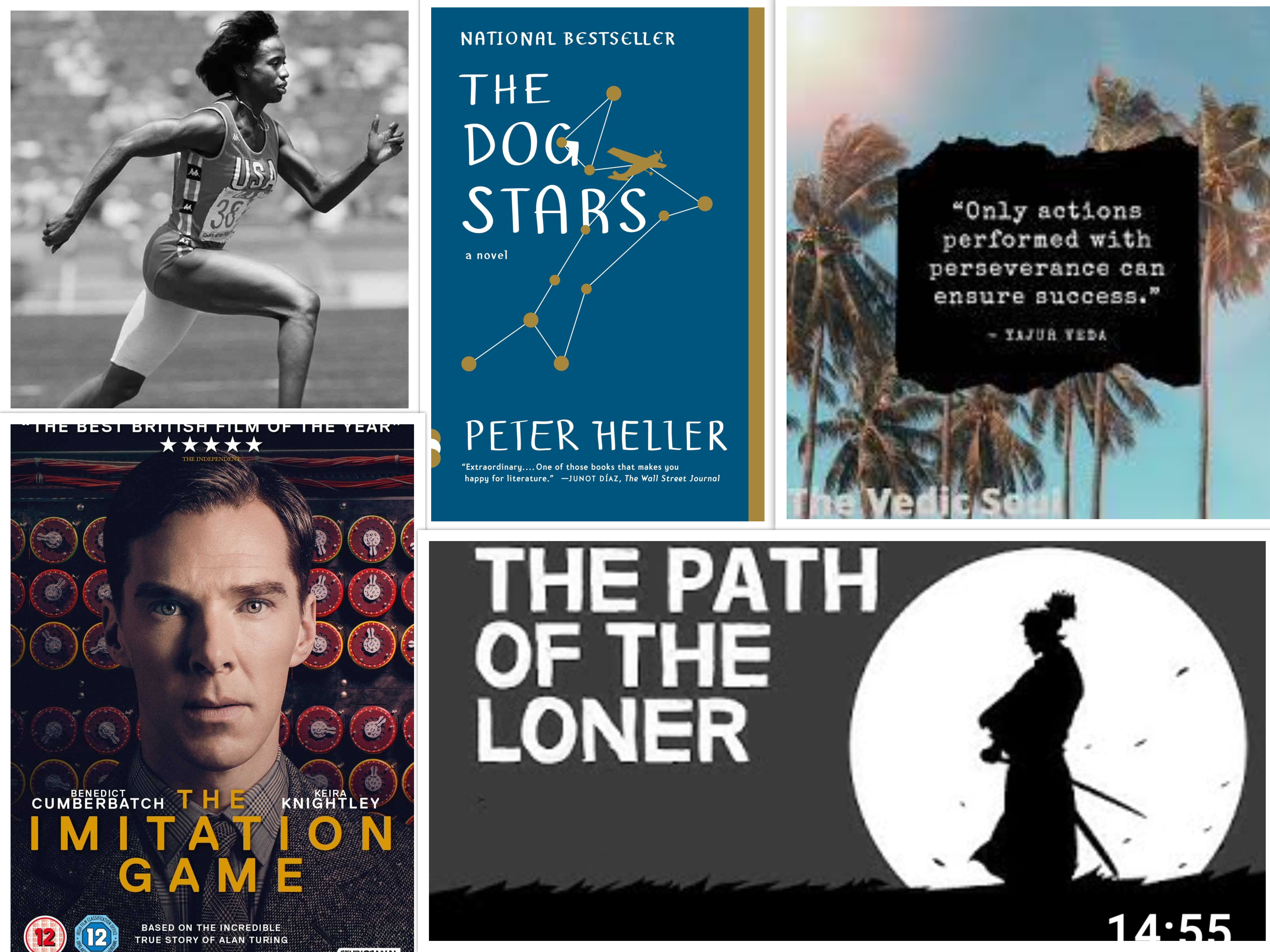Sunday Supplement #28 (November 21st, 2021)
Below is another Sunday Supplement with a quote worth sharing, a book worth reading, a movie worth watching, brainfood worth consuming, and a spiritual passage worth pondering.
I hope you take something away from these recommendations that enriches your week ahead!
Quote of the Week:
“Good communication is the bridge between confusion and clarity.”
– Nat Turner
Book of the Week:
When Strangers Meet – Kio Stark
Kio Stark has a rich background, including journalism, interactive advertising, community research, and teaching. She is the author of both non-fiction and fiction books and has taught, consulted, and spoken about stranger interactions worldwide.
In When Strangers Meet, Stark argues the benefits of interacting with strangers. The act of talking with someone you don’t know can pull you into experiences that open your world. They can be interruptions that pull you out of your daily routine. It’s up to you how you interpret these experiences.
Stark uses stories from her life and studies about talking to strangers and the dynamics of where, how, and why strangers come together. She explores the deep meaning that can come from these interactions and the necessary connection that occurs when we talk with others.
Some helpful tips from the book include how we subconsciously decide who to greet and trust and the subconscious rules by which these interactions operate. The book helps open the doors for talking with strangers and gives challenges for those willing to try out the techniques.
The book is a short read and one worth adding to your list. Stark also did a Ted Talks that is worth checking out to see if you would like her work.
Movie of the Week:
12 Angry Men follows a seemingly straightforward jury trial that gets held up by a single juror whose skeptical caution forces the group to go over all the evidence again before making a hasty verdict.
The film was nominated for three Oscars but didn’t take home any wins. The Bridge on the River Kwai was the film that took most of the Academy Awards, deservedly so, in 1958, but 12 Angry Men is another brilliant film that lasts the test of time.
Sidney Lumet adapted Reginald Rose’s teleplay into one of the most famous films in movie history. Rose’s screenplay expertly showcased how a one-room drama could be just as riveting as an Action/Thriller.
What makes the film stand the test of time is the story and the acting. Each actor, led by Henry Fonda, gives a performance that supports the narratives reflecting on judgment and speaking out. Many in the movie did not want to go over the evidence again. They assumed guilt on the accused and were ready to move on with their days. One many took the time to go over the facts with the others and challenge their preconceived notions.
The movie’s power comes from the willingness to go against the norm and to question what seems apparent. The dialogue that ensues carries the story and shows the importance of communicating effectively.
12 Angry Men is a trues classic that ages well and should be on your watch list if you haven’t seen it already.
Brainfood of the Week:
TED Talks: 5 Ways to Listen Better — Julian Treasure
Julian Treasure is a sound and communication expert. His five TED Talks views have been watched more than 100 million times. Treasure’s vision is to integrate speaking and listening skills into education.
In this video, Treasure breaks down how we interpret sound and how that filters into our listening skills. We have subconscious filters like culture, language, values, beliefs, attitudes, explications, and intentions that shape how we pay attention. He argues that accurate listening has disappeared because of impatience, desensitization, and technological advancements that allow presence to be unnecessary.
Treasure then highlights how conscious listening creates understanding. He follows that up with examples and ways of how we can cultivate our listening skills.
This TED Talks video is one of my favorites that I’ve come across. If you enjoy Treasure’s presentation, check out his other videos or his books How to be Heard and Sound Business.
Closing Spiritual Passage:
“Do not be anxious about anything, but in everything by prayer and supplication with thanksgiving let your requests be made known to God.”
– Philippians 4:6
This passage from the New Testament reminds me of the power of communicating what’s inside you. The first part states to not be anxious. I believe when you are anxious, a contributing factor is thoughts building up with nowhere to go.
Whenever I’ve shared something I was anxious about with someone else, I’ve found that pressure was lifted. I wasn’t as tense, and I got the nervous feeling out of my head.
The other takeaway from this passage is communicating what you want, need, or desire. The clarity that comes from speaking these things to yourself or others is immense. If you do not let others know how you feel, you leave them to guess at best.
Speaking out about what you want to is a great way to focus on the things you want to attract in your life. Communication is paramount in all relationships, including the one you have with yourself. And for myself, I find writing down my thoughts a great way to get them out if someone else isn’t there to talk.
Clarify a need, want, or desire, and have a blessed week ahead!
Comments closed